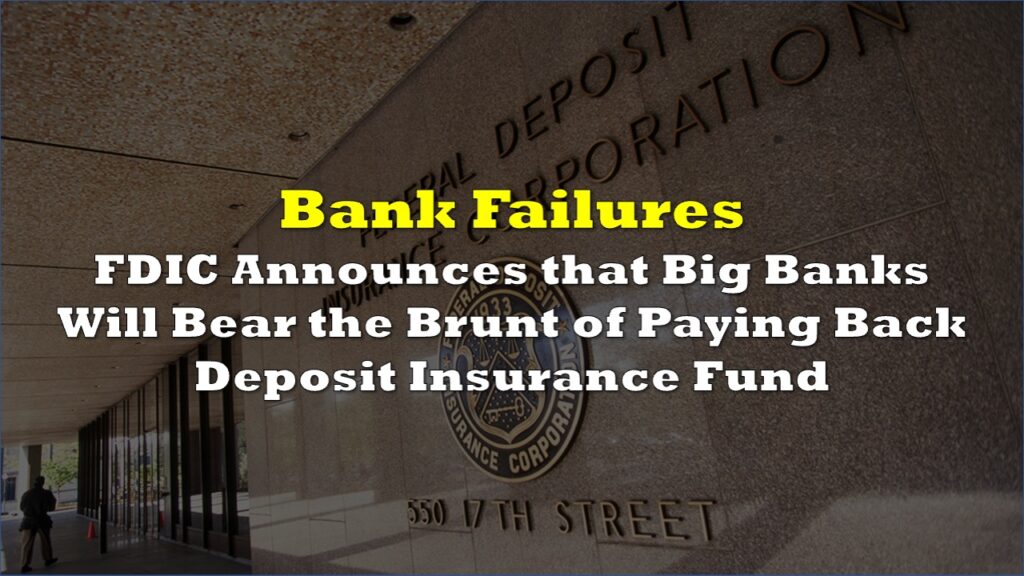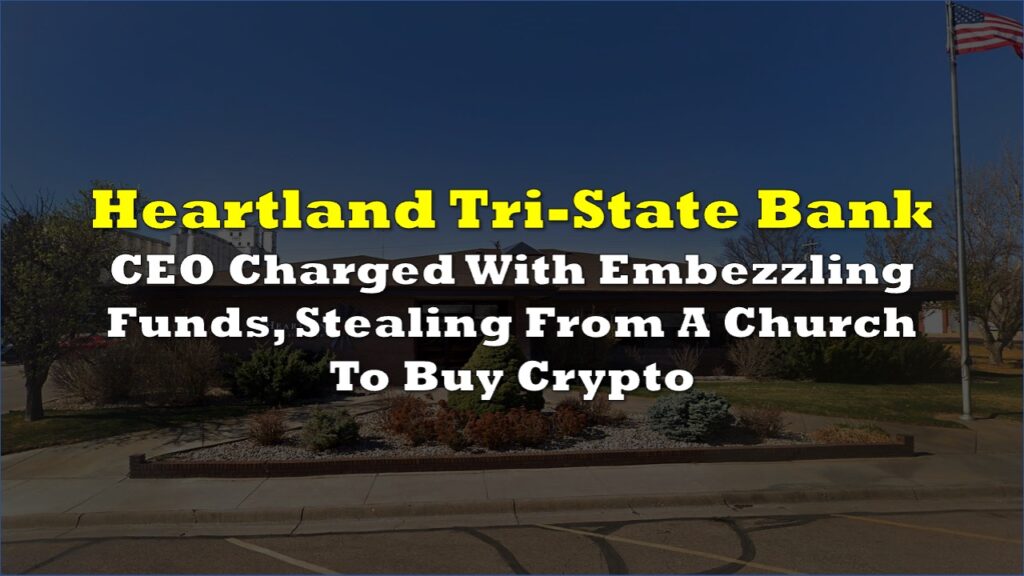Kansas State Bank Commissioner, David Herndon, expressed apparent relief as he disclosed the closure of Heartland Tri-State Bank due to a scam they fell victim to.
“We declared the bank insolvent because of a scam that they fell victim to. I can’t speak to the particulars of that. Investigations are ongoing. But it had nothing to do with interest rate increases. Nothing to do with balance sheet asset quality. Nothing to do with the Fed,” Herndon said.
Heartland Tri-State Bank was a small institution, holding just $139 million in assets. Following its closure, the bank was acquired by Dream First Bank, which has $511 million in assets and is based in Syracuse, Kansas (formerly known as First National Bank of Syracuse).
Surprisingly, the closure’s cost to the FDIC’s deposit insurance fund was a staggering $54 million, exceeding the size of its entire $48 million loan book.
Why AREN'T you reading this now? “Heartland Tri-State Bank became insolvent due to an isolated event"https://t.co/bDQMh6SveV
— Michael Green (@profplum99) August 1, 2023
"the bank had approximately $139 million in total assets and $130 million in total deposits."
"The FDIC estimates that the cost to the Deposit Insurance…
Despite the significant impact on the deposit insurance fund, some news outlets only briefly covered the story as part of the supposed banking crisis.
However, there seems to be little resemblance between Heartland and other notable banks like SVB, Signature, First Republic, or Silvergate.
Heartland did not suffer from a high share of uninsured deposits, with more than 70% backed by the FDIC. Moreover, unrealized securities losses were relatively small at $6.7 million, with all securities categorized as available-for-sale. The bank maintained a substantial capital account of over $8 million as of the end of March, mostly invested in government-backed mortgage securities.
There was no indication of a deposit run or involvement in cryptocurrencies. As of the bank’s closing, it held $130 million in deposits, the same amount reported three months prior. This was evident in its last quarterly report with the FDIC, which showed that deposits had reached an all-time high.
Apart from the scam, for which there is no further details, Heartland Tri-State Bank may have faced additional pressures unrelated to the closure. In May 2022, the bank’s CEO, Shan Hanes, spoke about the challenges posed by inflation and a long-term drought, particularly impacting farmers in the region.
Notably, Hanes, who was also the chairman of the Kansas Bankers Association until recently, left the board of directors within the past few months. While his term was expected to end at the Kansas Bankers Association’s annual meeting in Colorado Springs, Colorado, further details surrounding his departure remain undisclosed.
Information for this briefing was found via Financial Times and the sources mentioned. The author has no securities or affiliations related to this organization. Not a recommendation to buy or sell. Always do additional research and consult a professional before purchasing a security. The author holds no licenses.









